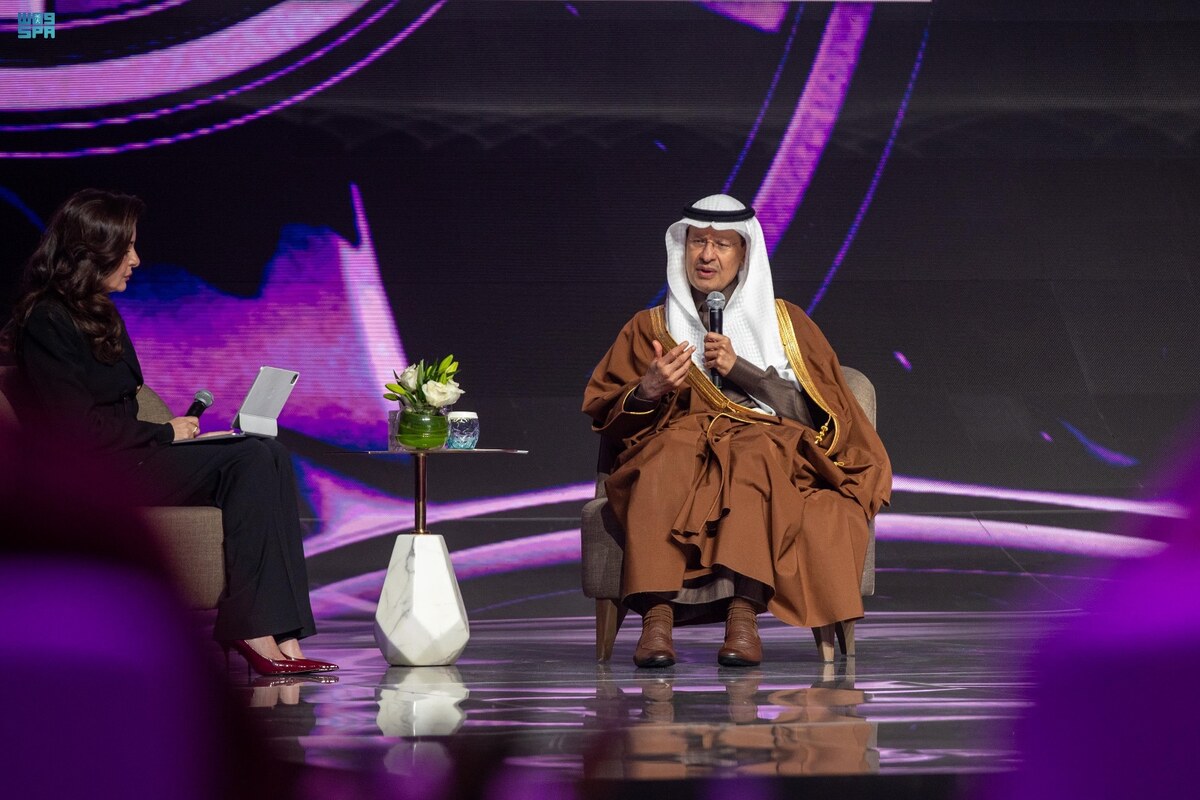SAO PAULO: Brazil sent its biggest ever delegation to the Middle East’s largest food and beverage trade fair this year.
From Feb. 19-23, 117 Brazilian companies conducted business with buyers from all over the world at the 29th edition of Gulfood in Dubai.
Andre Muller, agribusiness manager at the Brazilian Trade and Investment Promotion Agency, told Arab News: “This year we had record participation, the largest ever for Brazil at this fair, with 117 companies. Our expectation is to surpass $2.5 billion in business deals.”
The mission of the agency, which is linked to the Foreign Ministry, is to promote Brazilian exports and attract investments to the country. It has been responsible for the Brazilian delegation at Gulfood since 2009.
Showcasing their products to some 150,000 visitors from around the world, the Brazilian companies were organized in six pavilions: a multisector pavilion; a beverage pavilion; a spices, grains and cereals pavilion; and three animal protein pavilions.
The delegation represented small, medium and large companies, a third of which are led by women.
“This fair is one of the most important in the world because in addition to covering the entire Middle East, we also noticed this year many buyers from Europe, Africa, India and some from Asia, mainly China,” said Muller.
“So it’s a fair that in addition to having this important market in the Arab region, ends up being almost a global fair.
“This is very important for Brazilian companies because they can, in just one event, access and connect with clients from different regions and continents.”
He added: “We have a waiting list to participate in the fair. We’ve been asking for more space from the fair organizers for a few years now, but unfortunately there’s none. This shows that Brazilian companies are really very interested.”
Ricardo Santin, president of the Brazilian Association of Animal Protein, told Arab News: “Gulfood is a strategic event for the Brazilian poultry industry. Brazil is the world’s largest exporter of chicken meat and nearly half of its shipments are halal products, making our sector the largest exporter of poultry products to Islamic nations.”
He added: “In this edition of the fair, we promoted tastings, held meetings with clients and potential importers, and consolidated advances in business prospects between Brazilian exporters and partners from Islamic nations such as Saudi Arabia, which is one of the main destinations for our products.”
Muller highlighted the relevance of the Arab world for Brazilian food and beverage exports.
For the poultry meat sector, for example, the Middle East is the destination for more than a third of the total exported. “It’s a very important region for Brazilian agribusiness exports,” said Muller.
The pavilion’s opening ceremony was attended by the business director of the Brazilian Trade and Investment Promotion Agency, Ana Paula Repezza; the director of the Department of Trade Promotion, Investments and Agriculture at the Foreign Ministry, Alex Giacomelli; and the deputy secretary of international relations at the Ministry of Agriculture, Livestock and Supply, Julio Cesar Ramos.
The Arab-Brazilian Chamber of Commerce also participated with a pavilion, bringing 11 companies to Gulfood.
Halal market
Animal protein was one of Brazil’s highlights at Gulfood 2024. The country is recognized for its reliable and high-quality halal meat production, and has been gaining ground in this rapidly expanding market.
“In food and beverages alone, the halal market represents $1.6 trillion, and Brazil has a growing share,” said Muller.
“We’re talking about more than 2.2 billion people who have this consumption habit, and Brazil is positioning itself very well in this segment.”






























